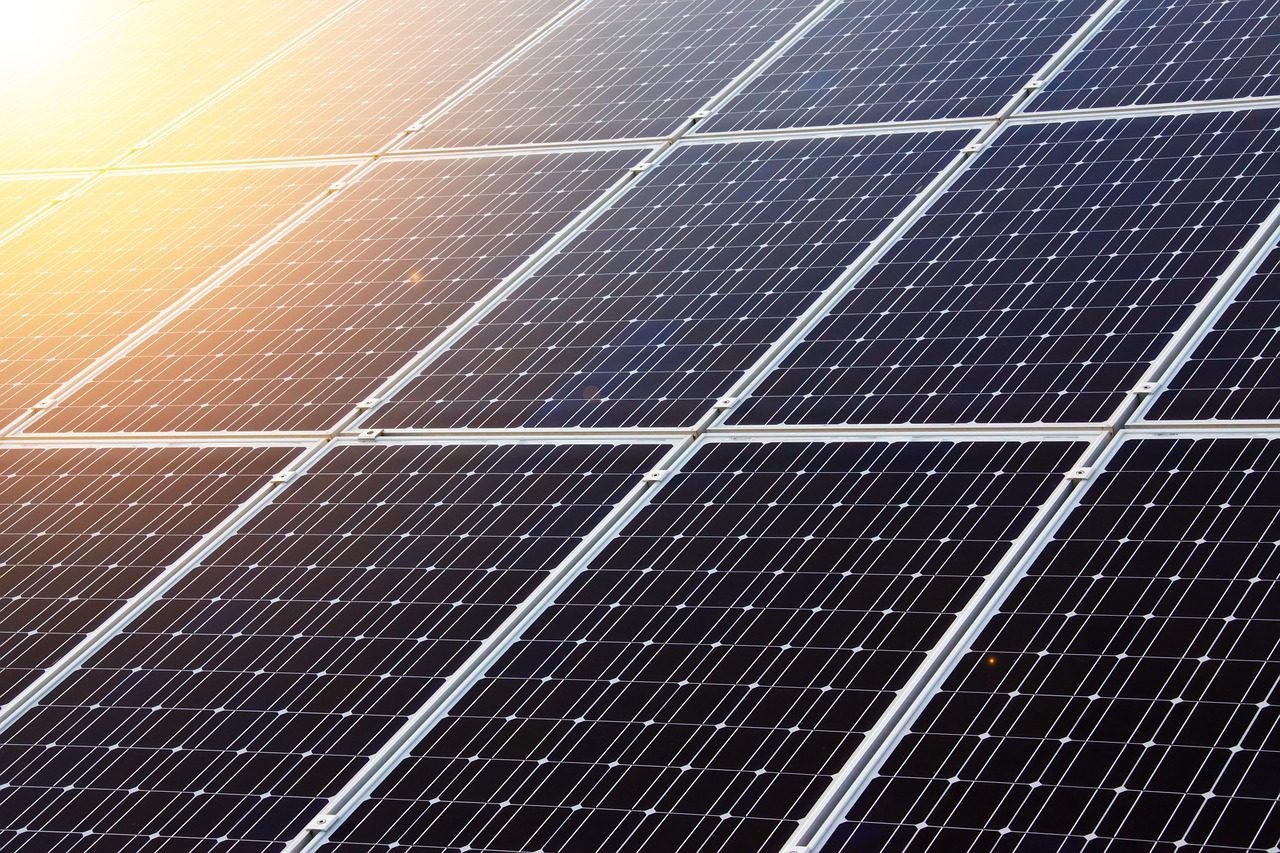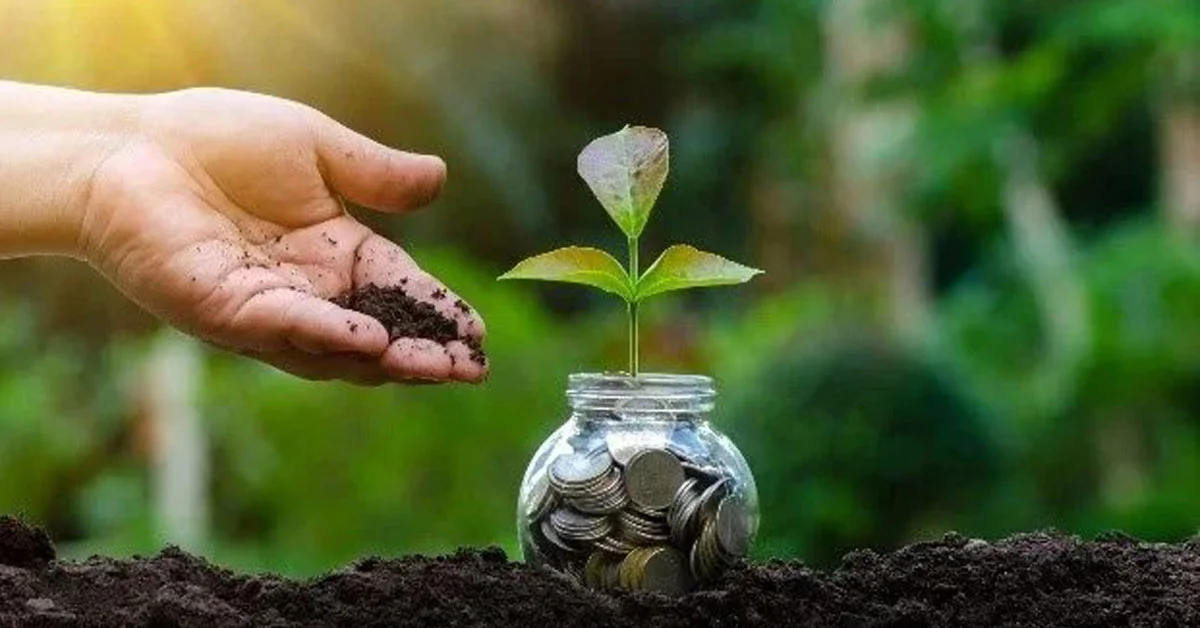The Green Economy is an emerging economic paradigm that emphasizes the use of renewable resources and sustainable practices to generate economic growth and create jobs. It focuses on efficient resource management, good governance, and investment in green technologies and infrastructure. The Green Economy aims to foster economic development that is environmentally responsible while delivering social benefits such as poverty reduction and improved public health.
To achieve a sustainable future, countries must invest in green economic activities such as renewable energy production, energy efficiency measures, green transportation initiatives, waste management projects, and conservation efforts. These investments will reduce environmental damage while creating employment opportunities for workers in multiple sectors. Furthermore, increased access to clean energy sources can help alleviate poverty by reducing dependency on traditional sources of fuel which are often expensive or inaccessible for many people around the world.
Definition of Green Economy
The green economy is an economic system that values sustainability, energy efficiency, and the conservation of natural resources. It is designed to create economic growth while avoiding environmental degradation and promoting social equity. The concept of a green economy was introduced in the late 20th century as interest in sustainable development grew. By definition, it is based on three pillars: environmental protection, economic prosperity, and social inclusion.
Achieving these goals requires new approaches to production, consumption, and investment that are less resource-intensive or have fewer negative environmental impacts than traditional methods. This includes investments in renewable energy sources such as solar or wind power, low-energy buildings, organic farming practices, waste management strategies, and other initiatives aimed at reducing emissions. Green economies also emphasize the importance of creating jobs in clean technology industries while protecting existing employment opportunities in traditional sectors such as agriculture or manufacturing.
Benefits of a Green Economy
The primary benefit of a green economy is its potential to reduce global greenhouse gas emissions and protect the environment from further damage due to climate change. By utilizing renewable energy sources such as solar or wind power, businesses can drastically reduce their carbon footprint while still maintaining profitability. Additionally, the green economy focuses on reducing waste by improving efficiency and implementing recycling programs, meaning businesses can save money on production costs without sacrificing output quality. Another major benefit of a green economy is its ability to create new jobs in industries such as clean technology research and development or renewable energy installation.
Challenges of Green Economy
The Green Economy is an emerging concept that encourages businesses to adopt environmentally friendly practices to reduce their environmental impact. While this can be a difficult transition for some businesses, the rewards of pursuing a green economy are well worth the effort. With more and more people and organizations recognizing the importance of sustainability, the challenges of transitioning into a green economy must be addressed head-on.
One challenge facing businesses that wish to become more sustainable is finding ways to reduce their energy consumption. The use of renewable energy sources such as solar and wind power can help reduce greenhouse gas emissions and provide cost savings over time. However, these investments require upfront capital which may not always be available or practical for many businesses. Additionally, companies must consider how they will manage the disposal of waste materials generated by their operations in an eco-friendly manner.
Examples of Green Initiatives
The green initiatives can take a variety of forms, ranging from more efficient energy consumption and using renewable resources to reducing single-use plastics and encouraging sustainable practices within a company’s operations. Examples of green initiatives include installing LED lighting in offices, switching to renewable energy sources such as solar or wind power, and investing in energy-saving appliances. Companies are also taking steps to reduce their emissions by recycling materials, reusing resources, implementing waste reduction plans, and utilizing zero-waste production methods through 3R strategies: Reduce, Reuse & Recycle. Additionally, many organizations are transitioning their fleets from gasoline or diesel vehicles to electric ones as part of their commitment to sustainability.
Solutions to Overcome Challenges
The first solution for overcoming green economy-related challenges is to invest in renewable energy sources such as wind and solar power. Renewable energy can provide reliable electricity without emitting greenhouse gases or polluting water sources. Additionally, investments in clean technology such as electric vehicles can reduce emissions from fossil fuel consumption and help create jobs in the green sector. Another solution is to promote green practices within businesses through incentives such as tax credits or reduced energy costs for efficient operations.

Conclusion: Moving Forward
The green economy is here to stay and the time to act is now. As we continue to face issues of climate change, dwindling resources, and economic instability, it is essential that businesses and governments alike collaborate to create a more sustainable future. We must consider new business models, ways of managing energy consumption, embracing renewable energies such as solar and wind power, and investing in innovative technologies that can help us reduce our carbon footprint.
For a successful transition into a green economy, governments need to provide clear policies for businesses to follow. This includes incentives for green investments in research and development as well as fiscal policies that favour environmental sustainability over other priorities. At the same time, businesses should prioritize efficiency concerning resource management while also considering the long-term implications of their decisions on their bottom line.
As we strive for a harmonious balance between a thriving ‘Green Economy’ and a resilient ‘Blue Economy,’ addressing the pressing issue of arsenic in the ground water of major cities in Pakistan becomes a crucial step towards sustainable development.

